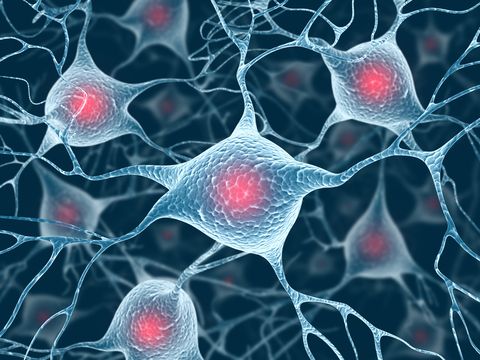Groundhog Day–Again
It’s Groundhog Day. Again. It always reminds me of the movie with Bill Murray where he finds himself living the same day over and over again. Repeating the same day and the same patterns drives him bonkers, until he sees a way of turning the situation to his advantage.
Quite simply, he changes his patterns, and magic happens. We all get stuck in habits and patterns that aren’t serving us well, and we end up getting stuck in a rut. The good news is that we can crawl out of that rut with just a few simple changes.
Here are a few tips that sound really easy and downright silly, but trust me, they work.
1). Sleep on the “wrong” side of the bed. It might sound strange, but it can give you an entirely different perspective on bedtime. You might even sleep better.
2). Change...









